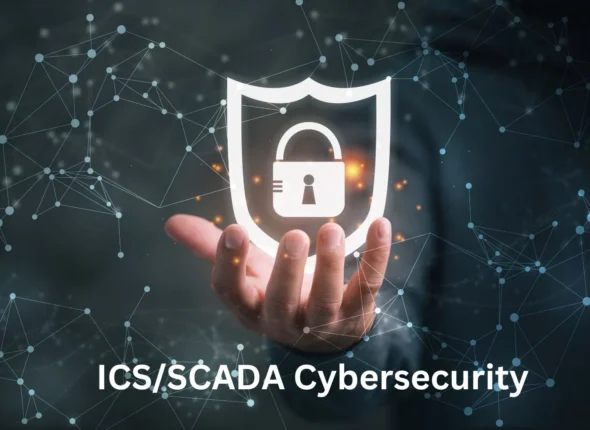Currently Empty: $0.00
About Course
EC-Council’s Certified DevSecOps Engineer (E|CDE) is a hands-on, instructor-led comprehensive DevSecOps certification program that helps professionals build the essential skills needed to design, develop, and maintain secure applications and infrastructure.
- The E|CDE covers both on-premises and cloud-native environments (including AWS Cloud and Microsoft Azure) with 80+ labs from the creators of the world’s number one ethical hacking program, the Certified Ethical Hacker (C|EH).
- Designed and developed by SMEs with contributions by experienced DevSecOps professionals from around the world.
Why EC-Council Certified DevSecOps Engineer E|CDE?
- Adding security to a DevOps skill set enhances career prospects.
- The information provided in the E|CDE course is complemented with labs to help learners hone their practical skills and become industry ready.
- This course teaches students how to use various DevSecOps tools and create secure code throughout the software development life cycle.
- Participants gain familiarity with DevSecOps tools that enable the secure development of software and web applications, both on premises and in the cloud.
- The E|CDE course focuses on application DevSecOps and also provides insights into infrastructure DevSecOps.
- The integration of today’s most popular and important tools is illustrated at each stage of the DevOps life cycle.
- The E|CDE program helps DevSecOps engineers develop and enhance their knowledge and skills in securing applications at all stages of the DevOps pipeline.
Key USPs of E|CDE
C|CSE is a unique course that stands apart from other cloud computing programs.
- Lab-intensive program with more than 80+ skill-based labs
- Covers both application and infrastructure DevSecOps of on-premises and cloud-native platforms
- Covers security aspects and tools integration at all eight DevOps stages
- Mapped with real-time job roles and the responsibilities of DevSecOps Engineers
How E|CDE Can Secure Cloud Environments
Cloud security usually happens outside the software development life cycle. EC-Council’s E|CDE program enables teams to address cloud security issues via CI/CD pipelines and fix issues directly at the source.
How E|CDE Can Secure AWS Cloud
- AWS offers a set of tools and services to identify vulnerabilities at different stages of the development life cycle.
- The E|CDE program covers how to integrate all the necessary AWS tools to identify security vulnerabilities at various stages of the DevSecOps pipeline.
Course Content
Module 01: Understanding DevOps Culture
-
Understand the Evolution of the Software Development Life Cycle
02:53 -
Understand what DevOps is
02:53 -
Learn to Implement DevOps in an On-Premises Environment
02:44 -
Learn to Implement DevOps in an AWS Cloud Native Environment
04:05 -
Learn to Implement DevOps in an Azure Cloud Native Environment
07:08 -
Understand the Frameworks and Maturity Model in DevOps
02:53 -
Evaluate Security Silos in DevOps
Module 02: Introduction To DevSecOps
Module 03: DevSecOps Pipeline-Plan Stage
Module 04: DevSecOps Pipeline-Code Stage
Module 05: DevSecOps Pipeline-Build And Test Stage
Module 06: DevSecOps Pipeline-Release And Deploy Stage
Module 07: DevSecOps Pipeline-Operate And Monitor Stage
Student Ratings & Reviews
Certified DevSecOps Engineer program was a career-defining experience for me. It provided comprehensive training on integrating security practices into the DevOps lifecycle, including continuous integration/continuous deployment (CI/CD) pipelines and infrastructure as code security. The hands-on labs and real-world simulations were invaluable in honing my skills. This certification has empowered me to lead secure software delivery initiatives and drive a culture of security within my organization.



